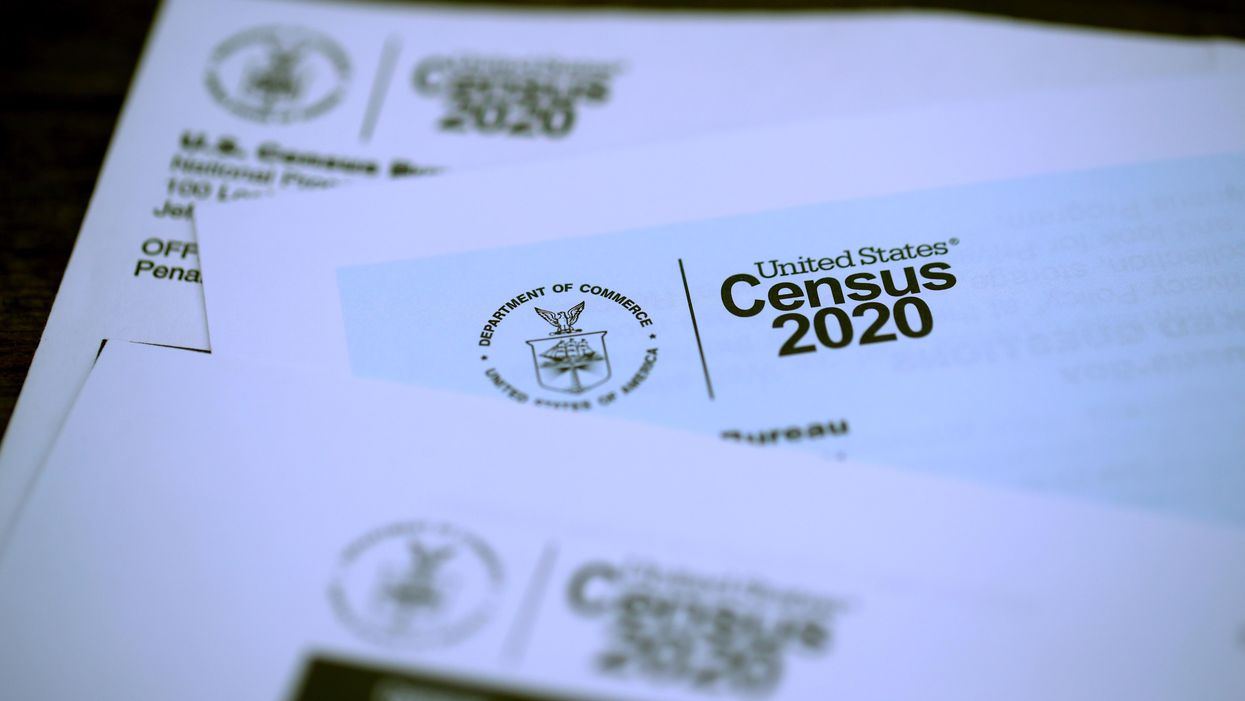The 2020 census undercounted Black, Native American and Hispanic people while overcounting white and Asian people, the Census Bureau revealed Thursday.
The Post-Enumeration Survey found an overall undercount of approximately 700,000 people out of nearly 324 million, what it describes as an insignificant error rate of .24 percent. However, the data shows Hispanic people were undercounted by 5 percent, Black people by 3.3 percent, American Indians and Alaska Natives by nearly 1 percent, and “some other race” by 4.3 percent.
On the other hand, Asian people were overcounted by 2.6 percent and white people by .7 percent.
“Today’s results show statistical evidence that the quality of the 2020 census total population count is consistent with that of recent censuses. This is notable, given the unprecedented challenges of 2020,” said Census Bureau Director Robert Santos. “But the results also include some limitations — the 2020 census undercounted many of the same population groups we have historically undercounted, and it overcounted others.”
The under- and overcounts were similar to the data found in a study following the 2010 census, according to Census Bureau officials.
PES has been used since 1950 to assess the quality of the decennial population count, but it is not used to adjust congressional reapportionment or the distribution of federal dollars despite the discrepancies.
“We believe the 2020 census data are fit for many uses in decision-making,” Santos said.
Officials and canvassers faced multiple challenges when conducting the population count.
“The 2020 Census faced many challenges, such as conducting fieldwork during the COVID-19 pandemic,” agency officials wrote in a report presenting the data. “Other challenges to the 2020 Census included controversy around a proposed citizenship question, and changes in the duration of the Nonresponse Followup and other operations.”




















